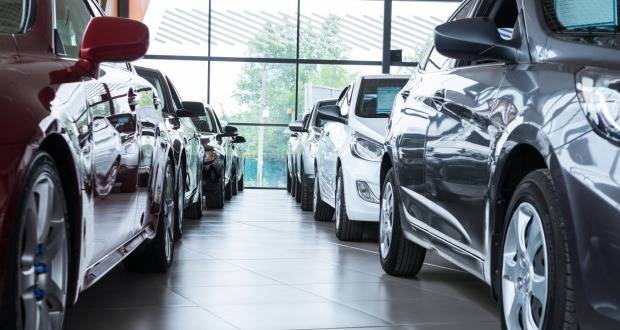Auto Loans in Pakistan: Interest Rates Hit Zero
Despite having a zero interest rate, demand is still sluggish.

Car buyers in Pakistan, despite their limited numbers, have traditionally exhibited remarkable resilience towards fluctuating prices, absorbing hikes and often paying premiums to acquire vehicles promptly. Previous research has underscored this resilience, indicating that the demand for cars in Pakistan is not highly sensitive to price changes. However, the past two years have posed significant challenges for both buyers and manufacturers, with demand and supply pressures leading to a noticeable decline in car sales.
The impact has been pervasive, extending beyond economic concerns. Interest rates began their ascent in September 2021, reaching 22 percent by June 2023 and maintaining this level since. This surge has resulted in prohibitively high auto financing rates, with banks charging an average of K+4% for a 3-year tenor. Central Bank data shows negative net borrowing since July 2022, lasting for 17 months, indicating a scarcity of new loans. Concurrently, non-performing loans (NPL) for auto financing have risen, reaching 1.7 percent in the last recorded quarter, up from 1.2 percent in June 2022. Such negative indicators suggest existing borrowers are struggling to meet debt obligations as loan repayments increase.
Even for the most affordable car in the market, like the Alto VXL, the monthly installment for a 5-year loan with a 30% upfront equity ranges from Rs61,000 to Rs63,000, making it challenging for households to allocate such a significant portion of their income to car payments, especially considering global affordability guidelines.

Regulatory interventions have further complicated the scenario. In an effort to curb imports, the State Bank of Pakistan (SBP) tightened car financing regulations in September 2021 and May 2022, increasing upfront equity requirements and reducing loan tenors. These measures, coupled with soaring interest rates, nearly eradicated car financing from the market. Supply chain disruptions exacerbated the situation, leading to factory closures and a subsequent decline in production. Although supply restrictions have slightly eased, the impact of rising taxes and inflation has left new car buyers hesitant.
In the first five months of the fiscal year 2024, vehicle volumes, including passenger vehicles, LCVs, and SUVs, have plummeted by 51 percent. Some car manufacturers have adjusted prices or introduced financing plans in an attempt to boost sales, but market trends indicate a lack of interest in auto loans amid rising interest rates. Cash buyers, mirroring the overall economic sentiment, are reluctant to tie up reserves in expensive local cars.








